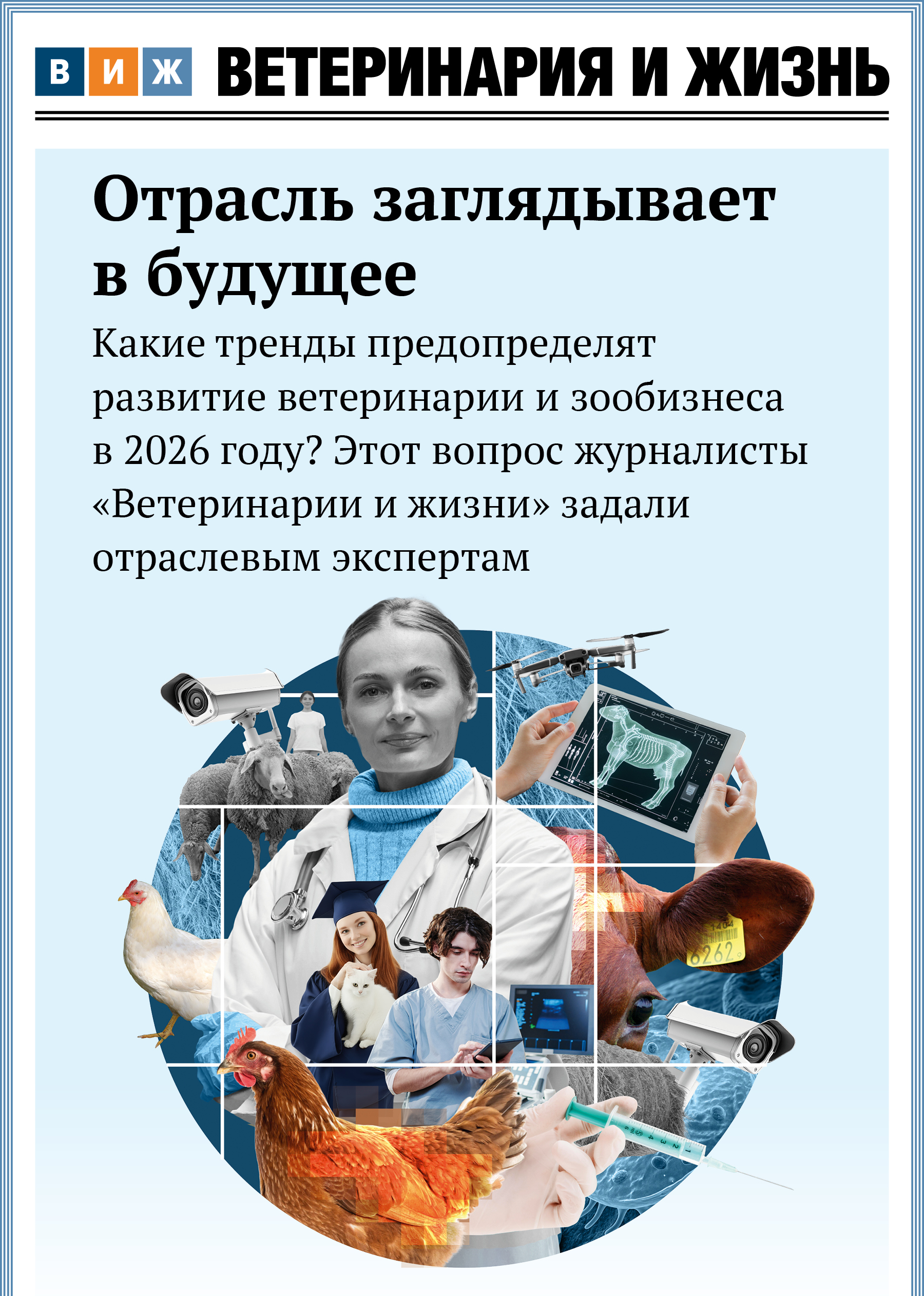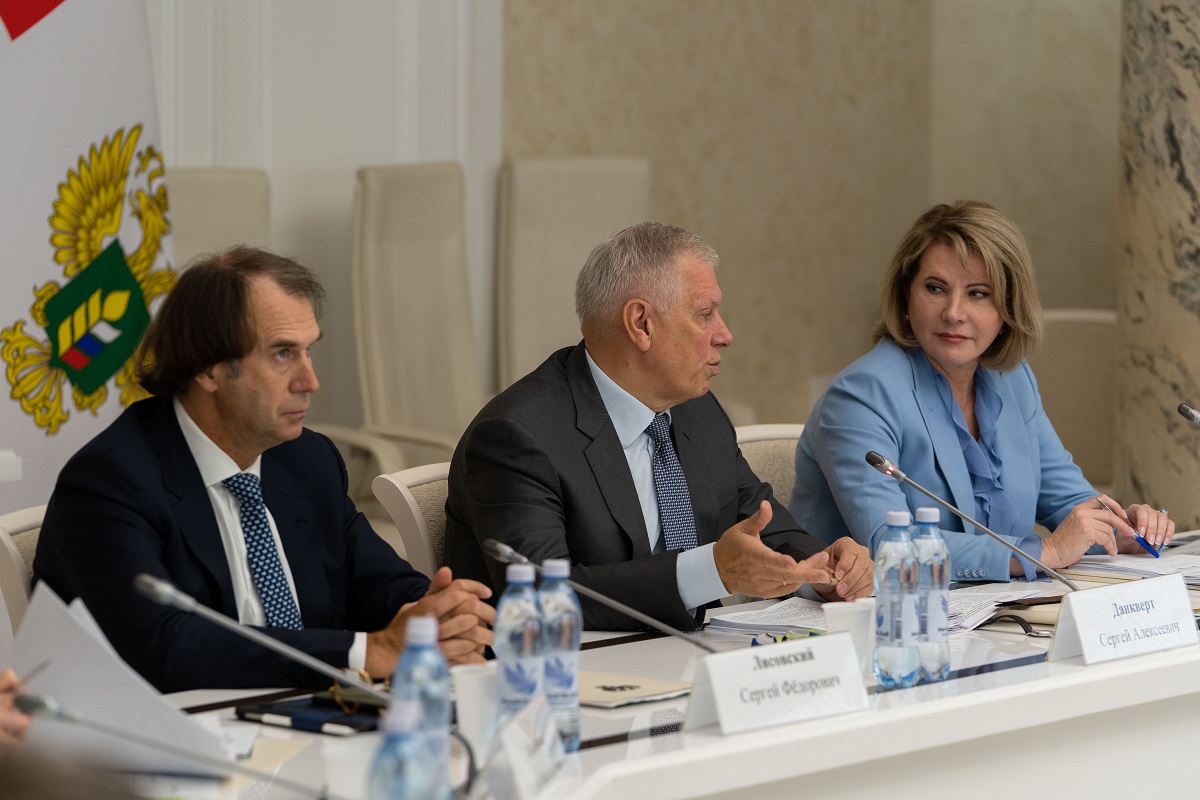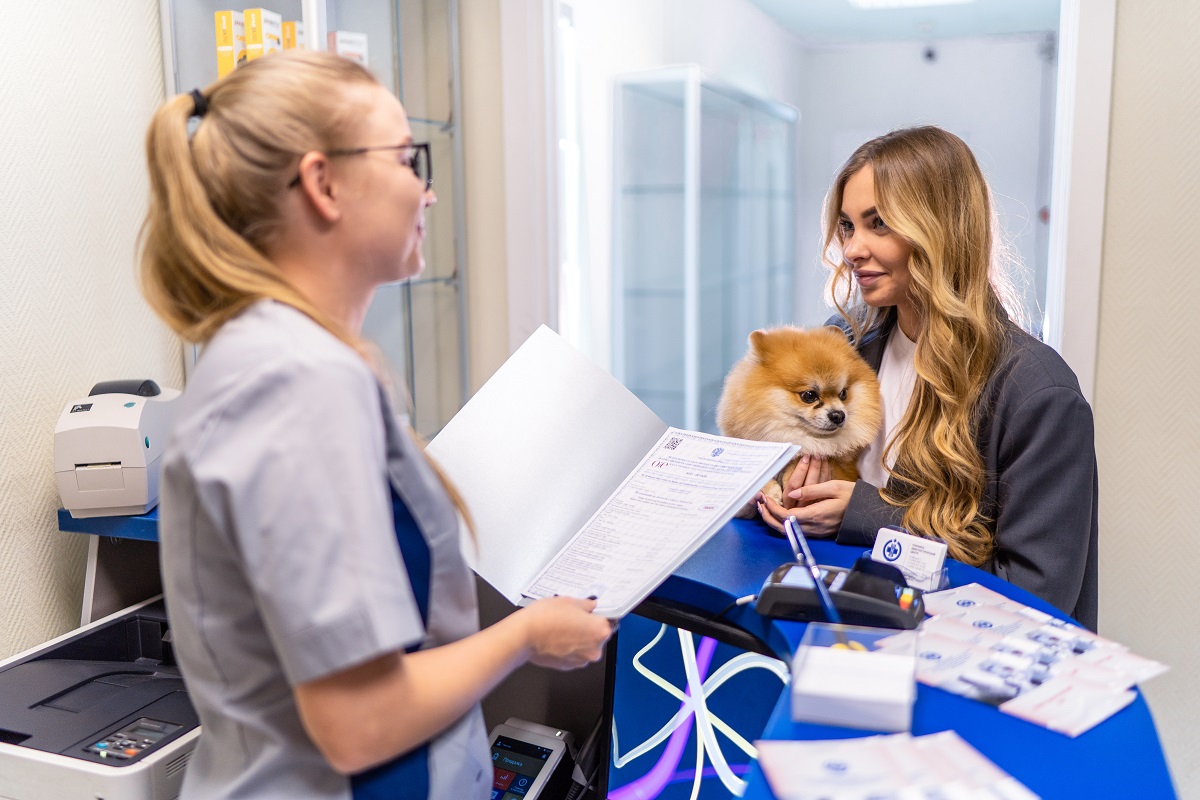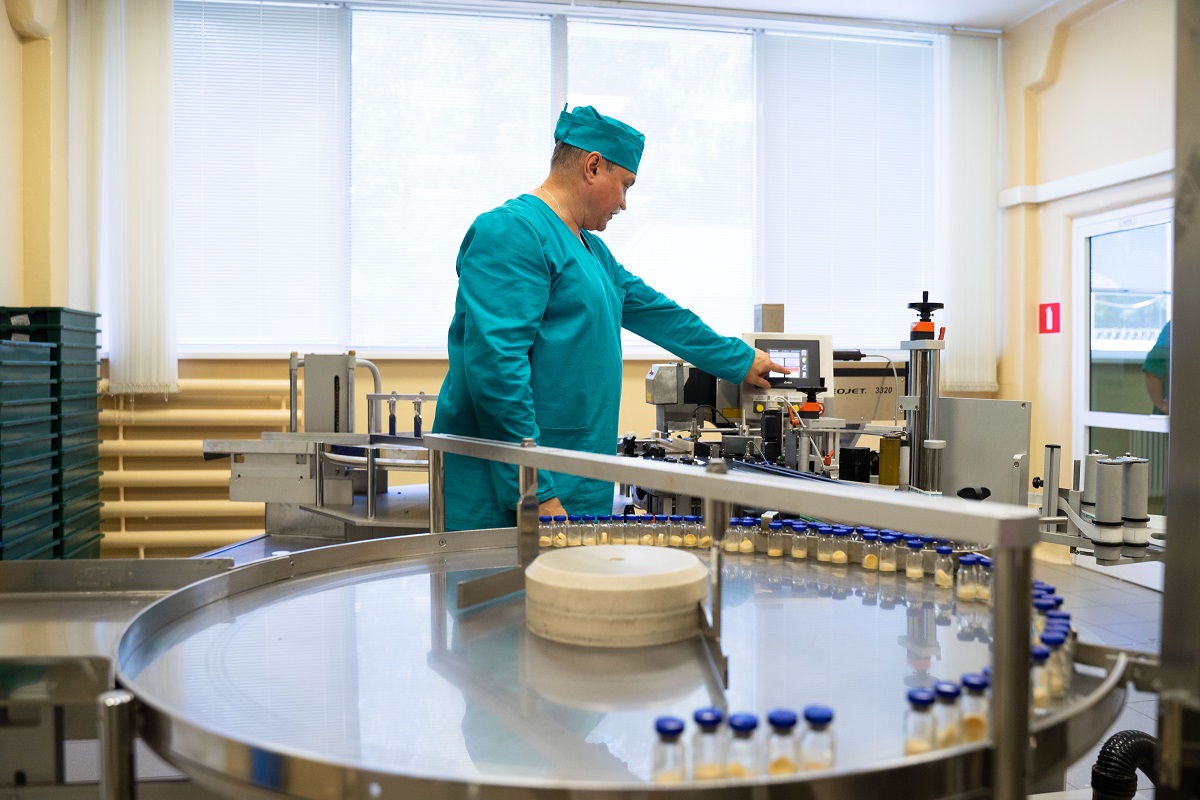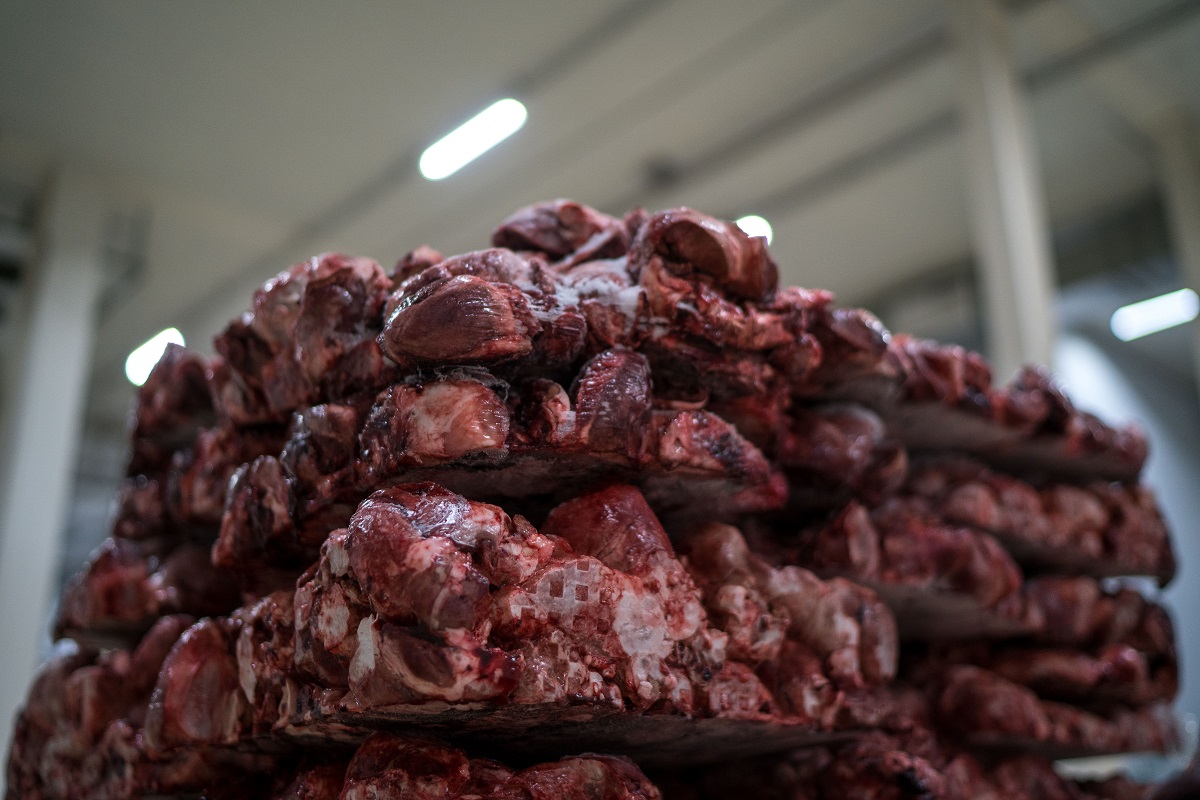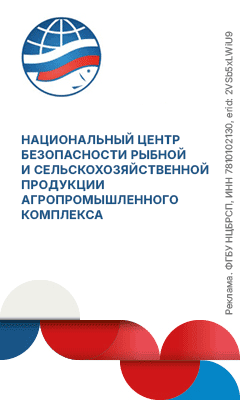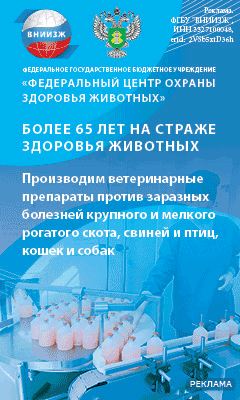“Rosselkhoznadzor has proposed the development and implementation of requirements for online trading and monitoring the licensing status of business entities when entering into a user agreement, as well as defining responsibilities for violations,” the Service said in a statement.
The issue of unregulated sales of pet food, veterinary drugs, and food products was discussed during the Public Council meeting.
“The sale of these goods on the rapidly growing online market is not legally regulated. Consequently, instances of counterfeit and adulterated products with untraceable origins entering the market have become more frequent,” explained representatives of the Service.
Sergey Dankvert, the head of Rosselkhoznadzor, suggested analyzing foreign experiences with online trade regulation and adopting successful practices implemented in other countries.
“Rosselkhoznadzor is interested in feedback from public organizations and market participants to build an effective and useful control for all parties, utilizing all necessary resources,” emphasized the head of the service.
The representatives of the Public Council suggested binding sellers with an obligation to provide comprehensive and verified information to be available in product descriptions, including information on the product’s origin, storage conditions, accompanying documents, and licenses.
The meeting participants also discussed the issue of storing products that are delivered via pickup points. For example, when stored outside the temperature range specified by the manufacturer, vaccines may lose their potency, fail to produce the claimed effect on the animal’s immunity, or even harm its health.
As of September 1, 2022, the Rosselkhoznadzor has examined more than 5,000 requests connected with the prohibited information on veterinary drugs published on websites. About 3,000 webpages were blocked, with half of them being online marketplaces. Unlicensed sales of veterinary drugs and counterfeit or adulterated products were revealed. For instance, a foreign-made product, Bravecto, was sold with labels in a foreign language. According to Rosselkhoznadzor, manufacturers did not initiate the import of a single package into Russia this year.
The participants of the meeting also discussed the unrestricted sales of suspended pet food from Europe, the USA, and Canada at the marketplaces. Feed products are sold without veterinary accompanying documents, which means that their quality and safety are unconfirmed.
As Veterinary Medicine and Life previously reported, the Wildberries platform has banned the sale of veterinary drugs.


